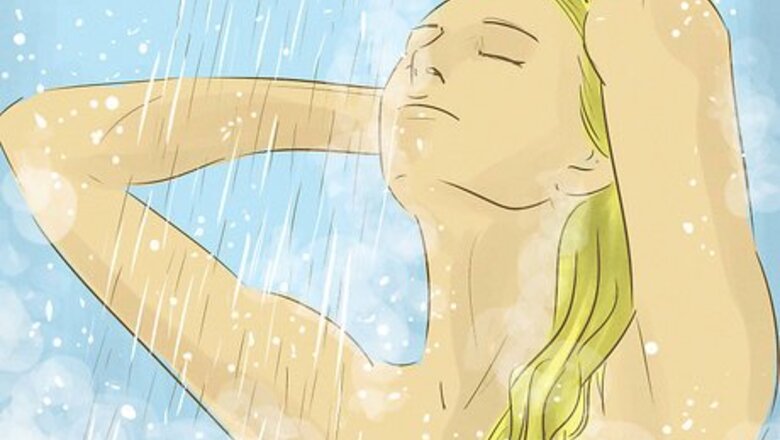
views
Changing Daily Routines

Take shorter showers. Yes, everyone wants to look (and smell) his/her best for that special someone or secret crush, but how many rinses and repeats do you really need? A dripping faucet can waste 3,000 gallons a year, about the same amount you can save by halving your daily shower time. That's no drop in the bucket! It can seem like water is cheap and abundant, but access to clean water is an issue for billions of people around the world. Increasing demand for water also affects rivers and lakes (and what lives there) by reducing levels, changing water flow with dams and reservoirs, and introducing chemicals and waste products.
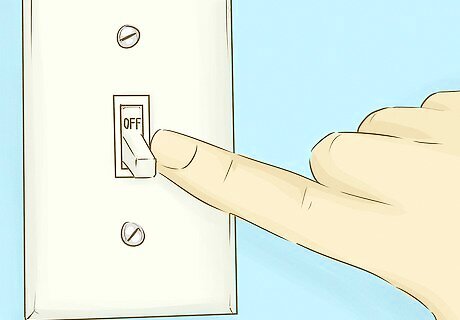
Turn the lights off. You might not pay the electric bill, but you know that the lamp (or TV, stereo, or laptop) costs money to operate. That money pays for the power plants that produce that electricity and usually release pollutants into the environment in the process. Ask your family to set the furnace temperature lower and the air conditioner higher. Sweaters, open windows and fans will work just fine most days. Unplug appliances that are not being regularly used. Many electronic devices still draw power even when turned off, sometime known as “vampire” energy drain. Many states now allow residents to choose their energy supplier. Talk to your family about choosing a supplier that produces electricity with less pollution, via solar, wind, and other options.
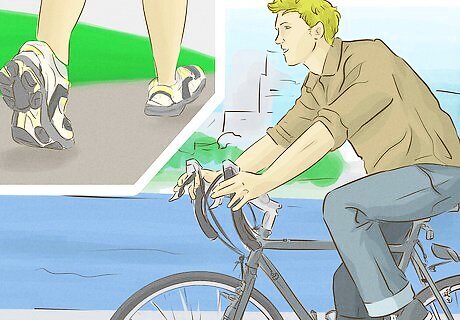
Ride your bike or walk instead of driving (or being driven). Yes, every teen looks forward to a driver’s license and a first car, but automobiles are one of the primary causes of air pollution. When pedal power won’t cut it, take the bus or carpool. It might not seem as cool as driving yourself, but it is much more fuel efficient.

Eat less meat. The animals that were bred to become your hamburger or chicken quesadilla require significantly more space, energy, and five times more water than the stars of a meatless dish. You don’t necessarily have to become vegetarian just for this reason, but eating less meat will probably do your body good while it helps the planet anyway.

Consider enrolling in a hunter education course. Meat from wild animals like deer is both healthier for human consumption and more carbon neutral than meat from domestic animals. When done responsibly, hunting for meat is an environmentally appropriate way to obtain animal protein for yourself and others.
Using Less, Reusing More

Buy eco-friendly products. Seek out products that do not test on animals and do not contain chemicals that require big CAUTION or WARNING notices on the label. There are increasing numbers of products called “natural” or “organic” available, but it never hurts to look at the labels. Choose products without excess packaging. It was annoying enough when you had to wait for your Dad to dig out your new action figure from that plastic blister packaging; think about the excessive waste such over-packaging creates. Buy local products when available. Maybe your area has a little candle-making factory or engraver where you can pick up a nice Mother’s Day gift. Not only will you be helping your local economy, you will be saving the energy usage and pollution required to ship goods long distances.
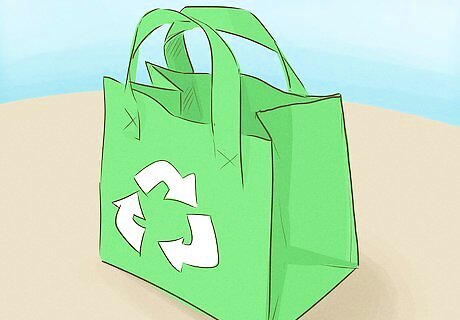
Carry a tote bag and reusable water bottle. They don’t take up much space but can prevent a lot of waste. Ever notice how plastic bags seem to always end up stuck in trees or on grassy hillsides, or seen news reports about the giant swirls of plastic junk floating in the middle of the oceans? Every plastic bottle not made and plastic bag not used helps a little bit.
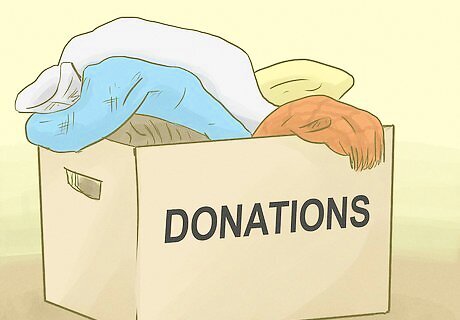
Donate old clothes, toys, electronics, etc. Just because you don’t want them anymore doesn’t mean someone else wouldn’t be happy to have them. People always seem to assume that all teens need to have the newest everything and discard perfectly good things that are no longer “cool” enough. Prove them wrong. Buy used and vintage items as well. Freak out your parents by buying a shirt from their high school days and declaring it “so retro.”
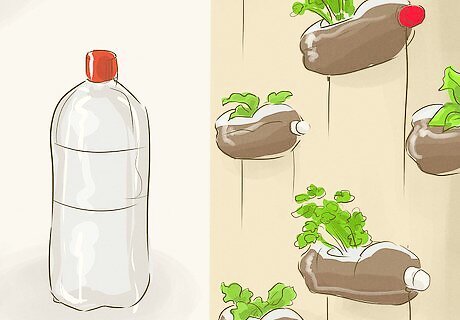
Get creative before throwing things out. Can you use some parts from your broken-down old bike for your science fair project? Or use your (or, okay, maybe your parents’) old CDs to make a collage or mobile for art class?
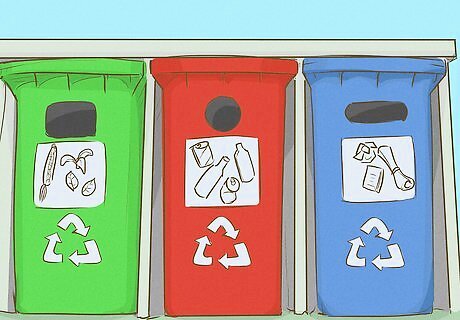
Recycle everything you can. From clothes to paper and plastic, recycle everything you can. If your municipality has a recycling program, make sure your family uses it. Does your school make recycling convenient? If not, isn’t that something that student councils are for? Help turn recycling into a habit for everyone.
Making Yourself Heard

Raise awareness. Talk to family and friends about simple changes they can make, and why they should do so to help protect the environment. You don’t have to lecture or preach (but if that’s what works with your family, go for it); show them that you have thought a lot about the subject, are passionate about making a difference, and really could use their support. Take advantage of all the new social media technologies that your parents can't keep up with. It's easier now than ever before to connect with people all over the world. Find out how environmental destruction impacts all of us everywhere, and discuss ways to stop it. You might want to mention the notion of “sustainable happiness,” which focuses in part on how interconnected we all truly are. You parents will know how serious you are if they realize you’ve done research!

Join an environmental group. There are numerous national organizations dedicated to protecting endangered species, cutting greenhouse gas emissions, preserving clean water supplies, and so on. But there are also probably local environmental groups doing things like planting native trees or setting up hard-to-recycle pickups in your own neighborhood. Is there an environmental club at your school? If not, round up some buddies who know the importance of the issue and start one. You can do some good and make your college applications look a little better at the same time.

Contact your elected officials. No, you probably can’t vote for them yet, but most of them want to remain in office long after you’ve turned 18. And they want your parents’ votes right now anyway. Depending on their respective offices, ask them to support legislation to reduce carbon emissions or protect endangered species, or to back local measures like curbside recycling or plastic shopping bag fees. Get in the habit of demanding action from your representatives when you are young and it will be easier to do so when you’re older.

Don’t be afraid to lead. Regardless of what some adults may think, teens can have great ideas too. When you have one, put your youthful energy to good use. Your idea might be as straightforward as a neighborhood clean-up day, but go for it. Pass out flyers. Ask local businesses to donate supplies or refreshments. Round up your buddy’s garage band and turn it into a block party at the end of the day. Teens like you have helped pass legislation banning electronic waste from landfills, and created organizations that help schools run environmentally-friendly proms. Surely they had people tell them they were too young to make a difference. But the earth’s future is your future. So don’t be so quick to accept “can’t” or take “no” as an answer.



















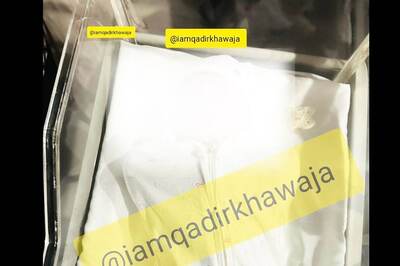
Comments
0 comment